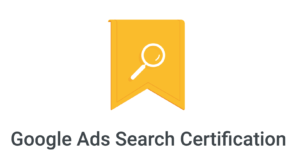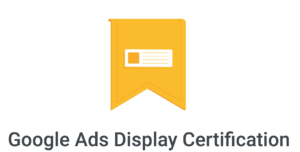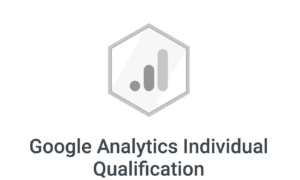It’s Free- Natural results are listed based on the search engines measure of your website quality and relevance so you do not have to pay for ranking. Long Term Rank and Traffic- Search engines record your ranking history which helps to improve your rank in the long run. The search engines also allow you to […]
Text Modifiers
In order to help the search engines and human visitors identify the main subject or topic of a page, you can modify text within the content on each page. Modifying content text can lead to higher rankings for the selected text or terms. You modify text by using text-modifying tags to increase significance of certain […]
Romancing the Search Engines
There are three Search Engine types: 1. Crawler-Based Search Engines: Crawler-based search engines use automated software machines called robots to visit, read and index pages on websites. All of these billions of pages are stored on a large server. So billions of pages are stored and when you type in a subject into the search […]
Optimizing Meta Keyword Tags
The meta keyword tag includes a list of keywords or phrases, separated by commas that represent the subject matter of a particular web page. In the early 1990’s the less sophisticated algorithms of the search engines used the keyword tags to rank sites. Eventually everyone figured this out and exploited the system to try and […]
Optimizing for Multiple Pages
Many people think they only have to optimize for driving traffic to their home page. You should optimize for all major subject pages. Some companies optimize for every single page of their website and some companies optimize for every single product they sell. For example, Home Depot has the word “hammer” optimized so that when […]
Non-HTML Document Optimization
Search Engines index non-HTML documents like Adobe Portable Document Format (PDF), Microsoft Word, Microsoft Excel, Microsoft Powerpoint, and Rich Text Format (RTF.) You can either not have the documents on your site or you can optimize them. If you choose to optimize these non-HTML file formats, treat them just like they are another page on […]
Multiple Browser Optimization
People use different browsers, different versions of browsers, different computers, and different screen sizes. At the very least, you should optimize your site for multiple browsers. Web browsers do not read HTML code in the same way. You need to make sure that multiple browsers like Firefox, Netscape, Mozilla, Safari and Microsoft’s Internet Explorer are […]
Latent Semantic Indexing
Latent semantic indexing was originally used in Adsense to make sure that the Adsense ads landed on pages that had a similar themes to the ads. The search engine algorithm checks the wording on the page and determines the theme of the page. It was only later that Google applied the algorithms to search engine […]
Landing Page Optimization
To date, the most effective, impressive SEO strategy is to create a separate page with 300 to 500 words of content for each keyword phrase. For some companies, this could mean adding hundreds of pages specifically for the keywords. For example, if you own an office supply store with 800 different products, you might create […]
Keyword Ranking Report
Keyword Ranking Reports are generated by software your web developer or SEO company should have or have access to. When you begin to optimize your website, you will choose a set of keywords. The very first keyword ranking report you receive will have a list of these keywords , how many pages the keywords are […]



